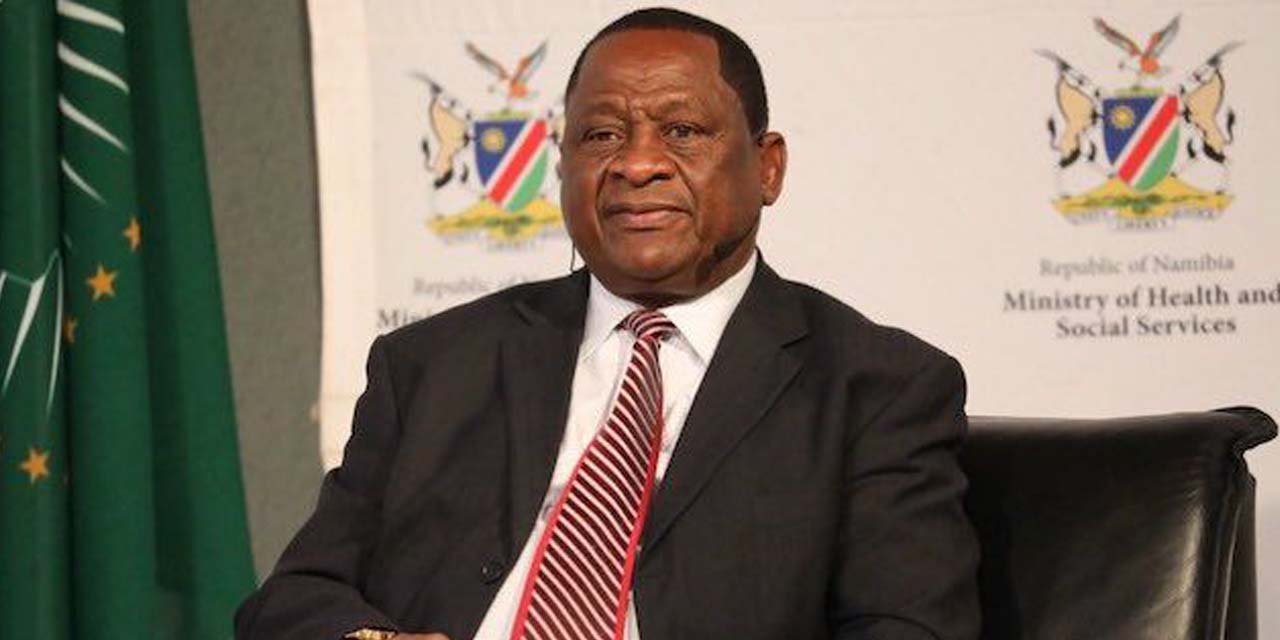Hertta-Maria Amutenja
In the last 17 months, Namibia has reported 679 cases of suicide, with a staggering 82 percent of these tragic incidents involving men, according to a recent announcement by Health and Social Services Minister Dr Kalumbi Shangula.
This revelation comes during the commemoration of September’s Suicide Prevention Month last week at the conference on Mental Health and Psychosocial Support for Men.
Shangula expressed deep concern over the rising number of suicides and the reluctance of many men to seek help due to societal stigmas that label them as weak.
He emphasised the importance of fostering an environment where men can openly discuss their mental health.
“We need to foster a culture of openness, empathy and understanding where men feel comfortable discussing their mental health without fear of judgment. The services and counsel must be provided in a non-judgmental, confidential manner,” he said.
The minister said the government has taken steps to provide preventive and support services through legal frameworks and institutions such as the Ministry of Gender Equality and Poverty Eradication and Social Welfare.
Shangula recently announced plans to table the Mental Health Bill in Parliament soon, to reinforce the commitment to breaking down harmful perceptions surrounding men’s mental health.
He stressed that a holistic approach to men’s mental health is essential, emphasising that mental well-being is a fundamental human right and seeking help is an act of courage, not defeat. He called for early intervention, accessible resources and destigmatisation to build men’s mental resilience and promote their well-being.
Recognising that change requires action, Shangula urged policymakers, healthcare professionals and advocates to design and implement initiatives addressing specific challenges men are facing in accessing mental health services.
“Let us also remember that men’s mental health does not exist in isolation. It is intertwined with other aspects of their lives – their relationships, work and overall well-being. Therefore, a comprehensive approach must also involve workplaces, educational institutions and communities, creating an ecosystem that nurtures mental health at every level,” he expressed.
Deputy Health Minister Esther Muinjangue, echoed the same concerns, highlighting the societal pressure on men to conform to traditional notions of masculinity and the harmful consequences of suppressing emotions.
“Suicide is a very sensitive and complex issue; it has multiple causes and, in fact, the nature of death by suicide already means we can never fully know the reason behind it unless the victim leaves a death note explaining why. Communication could be one of the reasons. In most cases, women are more willing to share and express themselves about how they feel, while men tend to bottle up their emotions and problems. So they keep them to themselves without sharing,” she said.
She emphasised the need for open communication and a change in the way children are raised to challenge these harmful stereotypes.
“I am referring to us mothers and fathers who are bringing up these children to become responsible adults in the future. We expect men to be strong and not to admit that they are struggling, which is why they end up bottling up their problems.




